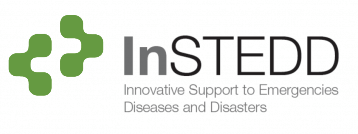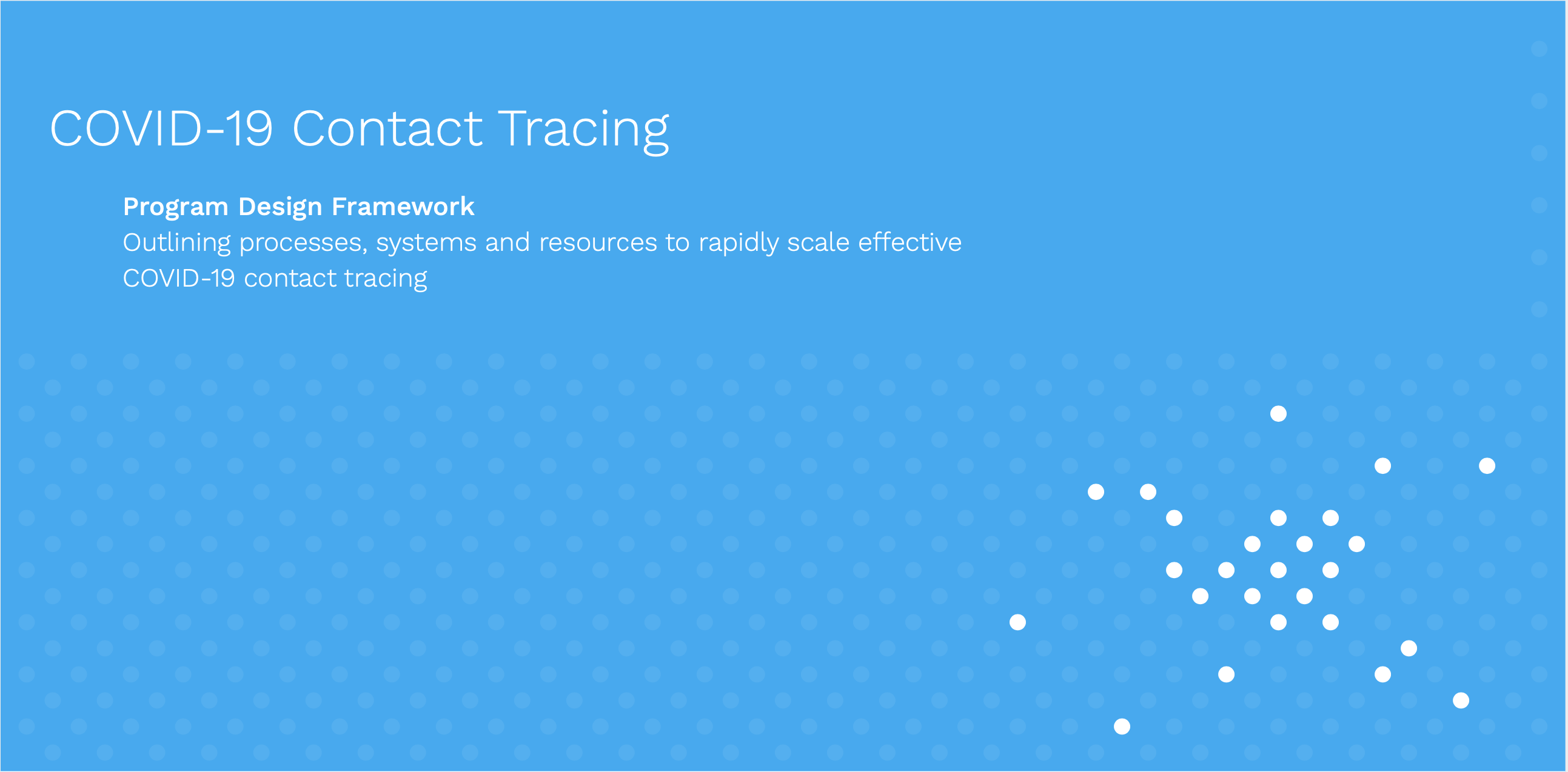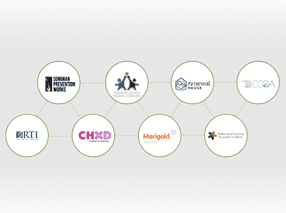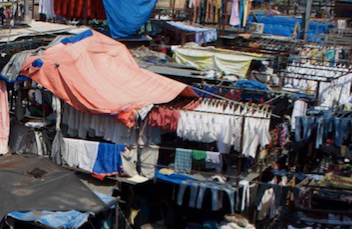In this conversation series with our project partners, the iLab Southeast Asia’s Communications and Digital Manager Tharum Bun talked with Chao Sophea, Executive Director of Community Health and Development Action (CHADA) about a new partnership to help mobile migrants learn about malaria prevention and how its malaria team provides diagnosis and treatment services using our technology.

Tharum: Please tell me about CHADA’s main areas of focus?
Sophea: CHADA’s program area focus on malaria, nutrition, Early Child Care and Development (ECCD), Water, Sanitation and Hygiene (WASH), livelihood improvement, education and child sponsorship with funding support from USAID, Plan International Cambodia and Action AID Cambodia.
Tharum: Can you describe what is Mobile 4 Malaria?
Sophea: Mobile Malaria Team using Mobile phone to reach Mobile Population (Mobile 4 Malaria) is being implemented by Community Health and Development Action (CHADA) with funding support from USAID in close collaboration with Partners For Development (PFD), the provincial and local health system (PMU/OD/HC) and local authorities (Commune Councils, village level authorities) and National Center for Parasitology, Entomology and Malaria Control at national level in two health centres catchment areas of Prek Prasop and Khsim in Prek Prasab and Snuol districts, Kratie Province. Both health centres have a population of about 25,203 people distributed in 18 villages with an estimated mobile and migrant population of 2,520. The Mobile 4 Malaria project started in June 2014 and will end on June 2015.
To improve prevention and control of malaria among Mobile and Migrant Population (MMP) through a Mobile Strategy model:
- To increase awareness of malaria prevention, diagnosis and treatment among MMPs
- To increase ownership and usage of prevention tools among MMPs
- To provide diagnosis and treatment services for malaria through a mobile malaria team.
- To pilot the use of mobile technologies in improving surveillance and mapping of malaria cases and of MMP
- To increase awareness of malaria prevention, diagnosis and treatment compliance among MMPs
monitoring and evaluation of the project
Tharum: Why Verboice as part of Mobile 4 Malaria project’s intervention?
Sophea: Because of lack of budget and technical support to use the SMS reminder scheme and Verboice, CHADA approached InSTEDD and has got free technical support from this organisation via a partnership agreement to provide such services. In addition to Community-based events and interpersonal communication, an SMS reminder system/scheme and Verboice is being piloted to provide health education and improve malaria related knowledge, and will be evaluated.
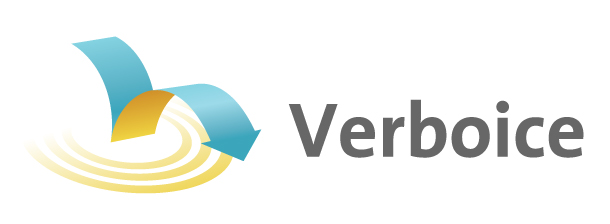
Tharum: How does Mobile 4 Malaria use Verboice?
Sophea: At enrolment, a simple questionnaire to assess awareness/knowledge of malaria transmission, prevention, diagnosis and treatment was completed by volunteers. SMS reminders was randomly sent to participants asking them to call for education messages. When calling, people access a voice message providing malaria education messages.
The messages focus on:
knowledge of the use of prevention measures (sleeping under a treated net at night) and diagnosis and treatment (if fever or suspected malaria need to seek diagnosis and treatment from trained provider: WMW/MMW, HC) taking correct dosage and following full duration of treatment.
Follow-up calls are made to volunteers after 2 to 4 weeks to assess their awareness, knowledge and behaviour, before and after, as well as between intervention and control group. Verboice developed by InSTEDD, first found by CHADA at http://verboice.instedd.org/, is used. This tool can allow us to overcome literacy barriers by using interactive voice messages.
